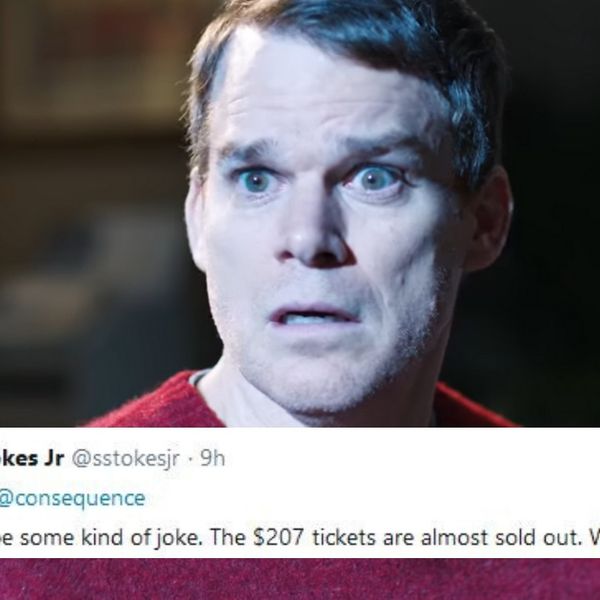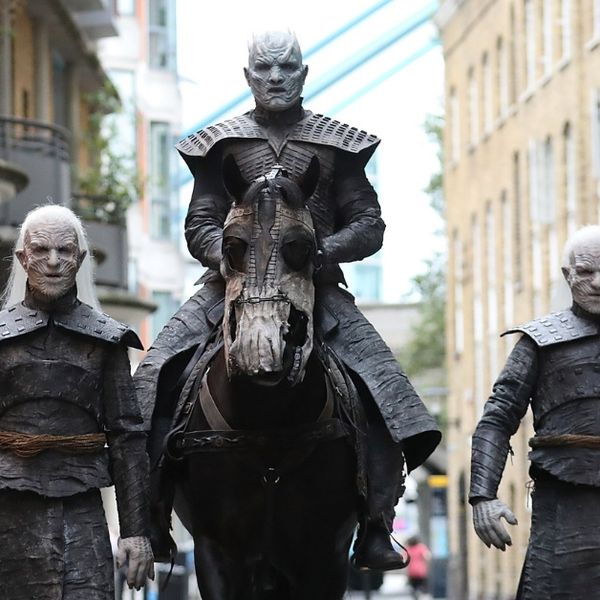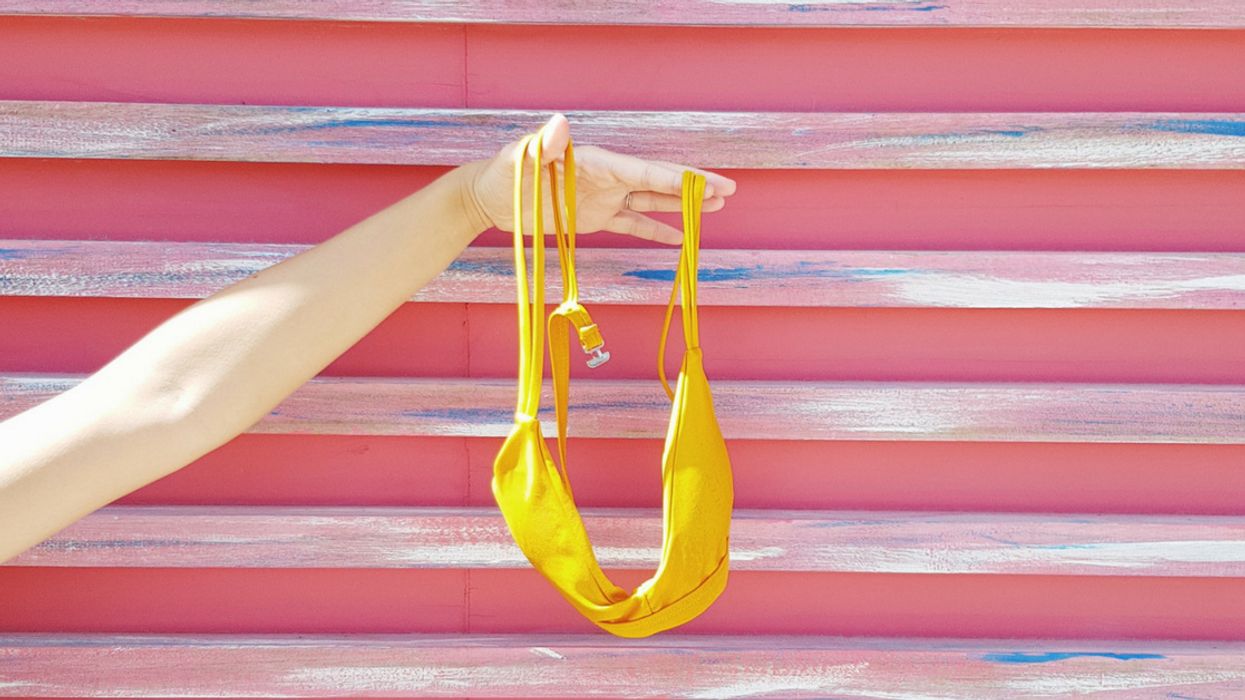December, 2003, LOS ANGELES -- It was sixty years ago that my family and I came to Arkansas. My father had told me that we were going on a "long vacation" to a far away place called Camp Rohwer. Together with some eight thousand other Japanese Americans, we arrived at a barbed wire enclosed campground of black tarpaper barracks. Soldiers with guns watched over us from high guard towers. Outside the barbed wire fence, thick, wooded swampland surrounded us. All we had was the luggage we carried. President Roosevelt had signed an executive order imprisoning Japanese Americans in 10 camps like this one simply because we happened to look like the enemy.
I had never gone back to Rohwer since we left. This was my first trip back to a place about which I actually have fond boyhood memories mingled with my understanding of the break down of American democracy under the stress of war. I remember the fun of catching pollywogs in the ditch and watching them turn into frogs. I also understand now the tears I saw well up so often in my mother's eyes at the sight of the barbed wire fence that symbolized her loss and confinement. I remember the joy of that wondrous winter morning when we woke up to find everything covered in white - my discovery of the magic of snow that first winter in Arkansas. And I cherish now so much more deeply my father's resilience, energy, and dignity under conditions of groundless injustice. I returned to Rohwer resolved that America must not forget the lessons of its history. I was coming back as the Chairman of the Japanese American National Museum working with the University of Arkansas at Little Rock to plan a series of exhibits next year on the internment camp history of Arkansas. I was returning to the place of my childhood memories to build a better future for our democracy.
 The Rohwer that I came back to, however, was not that of my memory. It was utterly changed. The swamp that I remembered had been drained completely. The trees of the dense forest that surrounded us had all been chopped down. Rohwer today was mile after mile of open farmland. The only reminder that there had once been an internment camp was the cemetery - the rows of markers of those who had died in imprisonment. The most prominent of the markers was a tall, crumbling concrete monument to the Japanese American young men who left the internment camp to fight for this country and had perished in the war. The irony was excruciating. Standing before that soldiers' monument in an American internment camp, sharp, painful tears welled up in my eyes. These incredible young men had fought and died to make my America today possible. I vowed then that the ideals of this nation, the civil liberty for which they so bravely fought, shall not be tarnished - not in my time, when the tensions of war are again challenging those ideals.
The Rohwer that I came back to, however, was not that of my memory. It was utterly changed. The swamp that I remembered had been drained completely. The trees of the dense forest that surrounded us had all been chopped down. Rohwer today was mile after mile of open farmland. The only reminder that there had once been an internment camp was the cemetery - the rows of markers of those who had died in imprisonment. The most prominent of the markers was a tall, crumbling concrete monument to the Japanese American young men who left the internment camp to fight for this country and had perished in the war. The irony was excruciating. Standing before that soldiers' monument in an American internment camp, sharp, painful tears welled up in my eyes. These incredible young men had fought and died to make my America today possible. I vowed then that the ideals of this nation, the civil liberty for which they so bravely fought, shall not be tarnished - not in my time, when the tensions of war are again challenging those ideals.
Funded by the Winthrop Rockefeller Foundation, the University of Arkansas at Little Rock and the Japanese American National Museum are planning a series of major events in Little Rock to coincide with the opening of our exhibits there in September 2004. One of them will be a bus trip back to Camp Rohwer. I will be there again. I hope many of you that live in the South - or, for that matter, anyone interested - might join us for that journey.
The much-vaunted southern hospitality certainly more than lived up to the legend while I was in Little Rock. I still savor the warmth and graciousness extended to me by so many people of Little Rock while I was there. A special treat was a hardhat tour of the construction of the President William Jefferson Clinton Library conducted by its President and CEO, Skip Rutherford. I was flattered to learn from him that a copy of "To The Stars," my autobiography that I'd sent to the White House because of our mutual Arkansas boyhoods, was to be a part of the preview exhibit of the Clinton Library. I will certainly look forward to the opening of the President Bill Clinton Library in November 2004.
 Two days after returning from Arkansas, I was before the camera playing a Japanese priest in two installments of the CBS soap opera, "The Young and The Restless." Neil and Drucilla of the series run off to Japan to get married. The character I play, Rev. Tanaka, officiates at their wedding. It reminded me of Gene Roddenberry and Majel Barrett's marriage in Japan. Gene and Majel were married in a full Shinto ceremony elegantly dressed in formal wedding kimono. In "The Young and The Restless," however, I was the only one in formal Japanese attire. When the dresser came into my dressing room to dress me properly, I understood why the other actors were not similarly dressed. There were layer upon layers of under kimono. Each layer of kimono had to be worn in a specific way and tied with a certain kind of knot. Not only was it complicated, the process of putting on the kimono was extremely time consuming. But, for me, it was great fun wearing the costume. As I walked about, the layers of silk rustled softly with each movement. I felt elegant and transported in time and culture. It was hard to believe that only a few days before, I had been laughing and joking, enjoying southern fried chicken with Arkansans. The two episodes of "The Young and The Restless" in which I appear will air on December 22 and 23. I hope you'll be able to catch me on the show.
Two days after returning from Arkansas, I was before the camera playing a Japanese priest in two installments of the CBS soap opera, "The Young and The Restless." Neil and Drucilla of the series run off to Japan to get married. The character I play, Rev. Tanaka, officiates at their wedding. It reminded me of Gene Roddenberry and Majel Barrett's marriage in Japan. Gene and Majel were married in a full Shinto ceremony elegantly dressed in formal wedding kimono. In "The Young and The Restless," however, I was the only one in formal Japanese attire. When the dresser came into my dressing room to dress me properly, I understood why the other actors were not similarly dressed. There were layer upon layers of under kimono. Each layer of kimono had to be worn in a specific way and tied with a certain kind of knot. Not only was it complicated, the process of putting on the kimono was extremely time consuming. But, for me, it was great fun wearing the costume. As I walked about, the layers of silk rustled softly with each movement. I felt elegant and transported in time and culture. It was hard to believe that only a few days before, I had been laughing and joking, enjoying southern fried chicken with Arkansans. The two episodes of "The Young and The Restless" in which I appear will air on December 22 and 23. I hope you'll be able to catch me on the show.
Immediately upon finished the soap opera, I was on a plane again to appear at a Star Trek convention in El Paso, Texas. I was once again back in the south - but the rhythm of the accent this trip had a different sound. That's what I love about regionalisms. They come in such wonderfully varied flavors - drawls, brogues, burrs, and that unmistakable Texan twang. Accents make language so savory.
This convention brought the four of us from the show, Nichelle Nichols, Walter Koenig, Jimmy Doohan, and me, together again. I hadn't seen Jimmy in ages and it was wonderful to be with him once again. He had lost a lot of weight since his illness and had slowed down considerably but that bullheaded spirit of his was unchanged. The El Paso convention is one that we will all fondly remember seeing lovably irascible Jimmy back in action. It's hard to believe but Christmas decorations are starting to appear everywhere. December is already upon us. So, as we all start making lists and preparing holiday greeting cards, I extend to all of you, my heartiest holiday cheers. May the New Year bring us all health, wealth, and peace.
Some Residents Of Uranus, Missouri Are Not Happy About The Name Of Their New Local Newspaper 😆
There's nothing like a good pun about human anatomy. Really gets the juices flowing!
The Uranus Examiner is coming to this Missouri town. Yes, really. https://t.co/RKy7kDcCFT— The Kansas City Star (@The Kansas City Star) 1536865442.0
Owners of the new Uranus Examiner must have been snickering as they announced the paper's name. Apparently, it's caused quite the controversy in the small town of Uranus, Missouri, over the last few days.
Residents are divided over whether the pun is an embarrassment or perfectly snarky:
“It’s a serious newspaper!” declares the managing editor of the Uranus Examiner. @nypost https://t.co/uig5eYxT2t— Bryan A. Garner (@Bryan A. Garner) 1537038088.0
Folks on the internet responded with maturity and composure after learning about the Uranus Examiner.
Oh, wait. No they didn't.
@qikipedia Uranus Examiner... it's got a nice ring to it 😀.— Roy Elliott (@Roy Elliott) 1537364058.0
I pitched “The Regina Monologues” as the name for my column at the Regina Leader-Post and was unceremoniously turn… https://t.co/aejjXcooWK— Jana G. Pruden (@Jana G. Pruden) 1536938407.0
If we ever colonize Uranus, the hardest part will be picked a newspaper name. "The Uranus Examiner"? Gonna be rough.— Scott Johnson (@Scott Johnson) 1537192690.0
@qikipedia How is it I've lived in Missouri my whole life and never gone through Uranus— Joshua Ryman, Sigma Grindcore Consultant (@Joshua Ryman, Sigma Grindcore Consultant) 1537366074.0
The newspaper name is a source of controversy — “Butt I like it,” the Uranus mayor said. https://t.co/xZWn4qthd1— Kaitlyn Alanis (@Kaitlyn Alanis) 1536865208.0
If you think about it... there might actually be a method to the madness here. The brand new paper's name has received widespread media coverage over this past week. Simply put... everyone's talking about Uranus.
In terms of publicizing their new venture, the owners of the Uranus Examiner have actually done a pretty sweet job!
In the video above, a woman suggests the paper should have been called "The Pulaski County Examiner."
If you ask me, that's TOTALLY BORING, and wouldn't have generated as much interest and publicity for the paper. So while the name might be cringeworthy to some, you can bet Uranus that it'll stick around. Who knows, Uranus might even grow as a result!
H/T: Indy100, The Kansas City Star
Woman Was Fired For Refusing To Wear A Bra At Work—And Now She's Suing
Christina Schell, from Alberta, Canada, stopped wearing bras three years ago citing health reasons.
While Schell did not specify the health reasons, she did state she finds them to be "horrible."
But after her refusal to sign or adhere to a new enforced dress code policy to wear a bra or tank top under her work shirt at a golf course grill where she worked, Schell was promptly fired.
Now, the 25-year-old has filed a human rights violation against the Osoyoos Golf Club, Osoyoos, in British Columbia, Canada.
Schell said:
"I don't think any other human being should be able to dictate another person's undergarments."
When she asked the general manager, Doug Robb, why she had to comply, the manager told her the mandate was for her protection.
Robb allegedly said:
"I know what happens in golf clubs when alcohol's involved."
After losing her job, she brought the case to the British Columbia Human Rights Tribunal and told them the club's dress code was discriminatory because the rule didn't apply towards male employees.
Schell told CBC:
"It's gender-based and that's why it's a human rights issue. I have nipples and so do the men."
David Brown, an employment lawyer in Kelowna, BC, said gender-specific dress codes could be viewed as discriminatory under the BC Human Rights Code.
He stated:
"It's an interesting question as to whether or not an employer can dictate the underwear that women can wear, but they don't say anything about the underwear that men can wear, and does that create an adverse impact on the individual?"
Brown added:
"If this policy is found to be discrimination, the next question is does the employer have a bonafide occupational requirement to essentially impose this on the individual?"
"I'm kind of scratching my head as to what that occupational requirement would be."
@GlobalBC The policy is sexist the peopl supporting it are sexist. Hope she wins her complaint— Lori bell (@Lori bell) 1529692660.0
@Shelby_Thom @WoodfordCHNL @GlobalOkanagan @GlobalBC Then men should have to wear either a tank top or undershirt— caffene fiend (@caffene fiend) 1529624161.0
@SoldByBrock @Shelby_Thom @GlobalOkanagan @GlobalBC What does common courtesy have to do with wearing a bra? Breast… https://t.co/ZVI2xDdpgf— M Shumway (@M Shumway) 1529843759.0
As for the tank top option, due to working under oftentimes extreme heat serving tables outsides, Schell did not want to wear another layer of clothes just because of her gender.
Schell said:
"It was absurd. Why do you get to dictate what's underneath my clothes?"
Employment lawyer Nadia Zaman told CBC that the club can enforce a gender-specific policy as they deem necessary as long as the establishment can prove it is for the occupational safety of its workers.
But the attorney questioned if forcing female employees to wear a bra was applicable in this case.
Zaman stated:
"If they simply require that female employees wear a bra but then they don't have a similar requirement for males, and they can't really justify that … then there is a risk that their policy's going to be deemed to be discriminatory."
Under British Columbia's discrimination law, it is illegal for employers:
'to discriminate against any individual because of his race, color, religion, sex, or national origin'.
@GlobalBC @globalnews Logistically bras or the absence of does not impact health or work performance. That is my v… https://t.co/65cLHBMowf— Louisette Lanteigne (@Louisette Lanteigne) 1529769211.0
McDonald's employee Kate Gosek, 19, agrees with Schell in that the dress code is "unnecessary." She too was harassed by her employers at a McDonald's in Selkirk, Manitoba, over refusing to wear a bra.
"She just told me that I should put on a bra because, McDonald's—we are a polite restaurant and no one needs to see that."
Schell's case sparked plenty of debates on Twitter.
@DunnMan77 @GlobalBC It's just discriminatory, woman shouldn't have to wear bras if they don't want to. As well as… https://t.co/RXhRVWUuNy— Mary Johnson (@Mary Johnson) 1529685276.0
@DunnMan77 @GlobalBC Men do not have to wear underpants if they don't want to. As of right now there are no laws to… https://t.co/l8FuPVybWo— Mary Johnson (@Mary Johnson) 1529686418.0
@GlobalBC Women have the right not to be forced to wear a bra Shaving & makeup also is a choice. If you want to do… https://t.co/Ybkj6PLDnD— Lozan (@Lozan) 1529686156.0
@Lozan72 @GlobalBC I would completely understand her and your argument if we were talking about a potential law to… https://t.co/trRyNAubn4— Chris George (@Chris George) 1529690293.0
@GlobalBC This story frustrates me. There's no dress code equivalent for men? Well if I saw the outline of a male s… https://t.co/5YbAvXKRcO— Molly Max (@Molly Max) 1529705327.0
Schell is not alone in her disdain for bras.
@GlobalBC I personally HATE wearing a #bra absolutely hate it with passion and unashamed to admit it. I HATE BEING… https://t.co/GEi3LtxIDa— Lozan (@Lozan) 1529686305.0
Schell is still waiting to hear from the Human Rights Commission about her claim.
H/T - GettyImages, Twitter, Indy100, CBC












